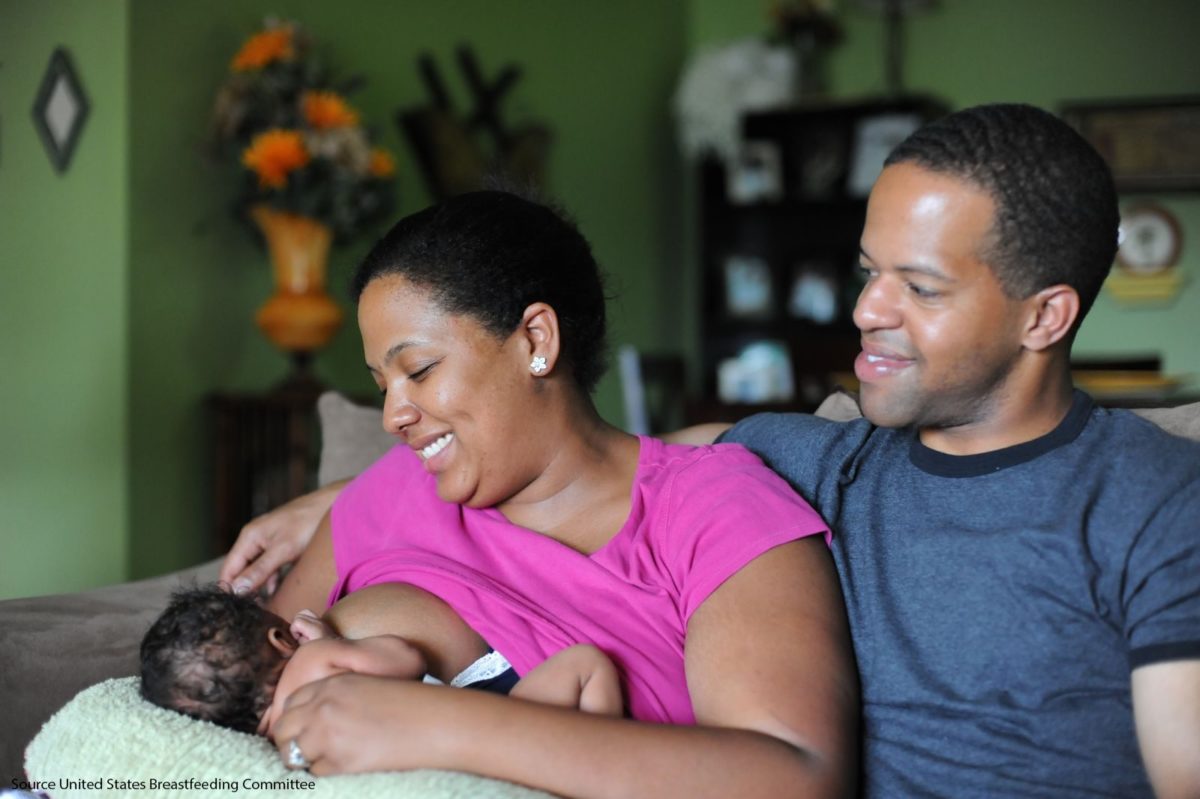New Report Shows Paid Leave is a Public Health Imperative

This Labor Day, we take a day off work to honor and celebrate the contributions of workers in our country. But, today and every day, too many workers are unable to take time away from their jobs to care for themselves and their loved ones. In fact, the U.S. is one of the only countries in the world that does not guarantee paid leave to new mothers and one of a handful of high-income countries that does not provide paid leave to new fathers. As a result, nearly 1 in 4 women return to work within just 2 weeks of giving birth, putting their health and well-being and that of their infant at risk.
In a new, first-of-its-kind report, 1,000 Days finds that paid leave is a public health imperative with the potential to transform the lives of moms and babies in the U.S. The report analyzed a wide-ranging body of research on family and medical leave and its impact on maternal health and child health and development. The evidence shows that paid leave can improve the health of moms and babies, save lives and enable children to get a strong start to life:
- Paid leave during pregnancy leads to fewer medical complications for both mom and baby. This includes reduced risk of c-sections, reductions in low birthweight and preterm birth and reduced risk of postpartum depression and anxiety.
- Paid leave has the potential to save babies’ lives. Researchers estimate that providing 12 weeks of paid leave in the U.S. would result in nearly 600 fewer infant deaths per year—a notable reduction in the face of about 22,000 infant deaths. Importantly, studies find a connection between paid leave and infant mortality, but unpaid leave has no effect.
- Paid leave supports mothers to breastfeed and breastfeed longer, which improves the health of both mom and baby. A mother is more than twice as likely to stop breastfeeding in the month she returns to work compared to a mother who has not yet returned to work. This means too many babies miss out on breastfeeding’s protection against pneumonia, respiratory infections and sudden infant death syndrome (SIDS) and too many mothers are at greater risk for breast cancer, ovarian cancer and heart disease—leading killers of women in the U.S.
- Paid leave can help families give their children a thriving start at a time when they are most vulnerable. Research shows that paid leave can help parents cope with the financial stress and demands of caring for a new baby and can reduce the risk of a baby being abused or neglected.
The time has come for policymakers to enact a national paid leave policy that ensures all workers can take the time they need to attend to their health needs and care for their loved ones without jeopardizing their economic security. To best drive improvements to maternal health and child health and development, a paid leave policy must:
- Provide workers with sufficient time off
- Cover all employers and all workers
- Ensure equitable economic security now and in the future
- Cover medical and family caregiving needs comprehensively
Want to dig deeper? 1,000 Days’ new report, The First 1,000 Days: The Case for Paid Leave in America, is available now.
We also hope you’ll join us in taking the conversation beyond the data. We know that paid leave – or a lack thereof – affects the real lives of moms and babies and their families and communities all over the country. We’ll be sharing the journey of one new mom who, like too many others, returns to work just 2 weeks after giving birth. Check out #BackTooSoon to follow along — on Facebook, Instagram and Twitter.
